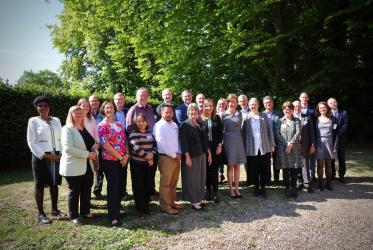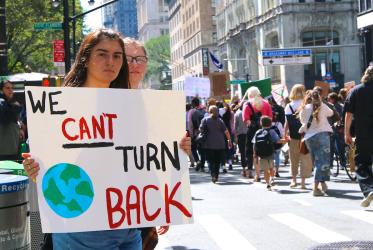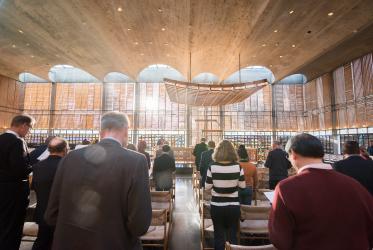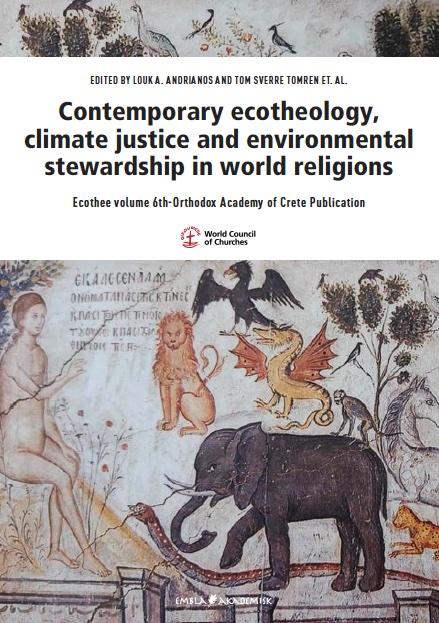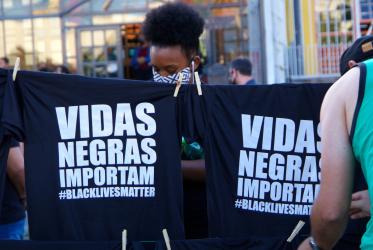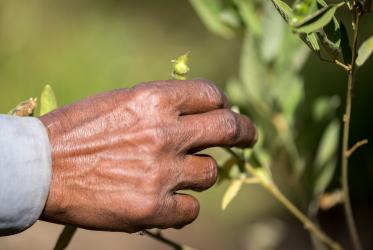Displaying 101 - 120 of 474
WCC Eco-School 2022 postponed to November 2022
31 March 2022
WCC posts job openings for leadership staff
27 January 2022
Contemporary Ecotheology, Climate Justice and Environmental Stewardship in World Religions
Ecothee Volume 6th-Orthodox Academy of Crete Publication
19 December 2021
Webinar explores intersection of debt cancellation and anti-racism
09 December 2021
WCC invites webinar on ’Racism, Land and Food’
09 December 2021


